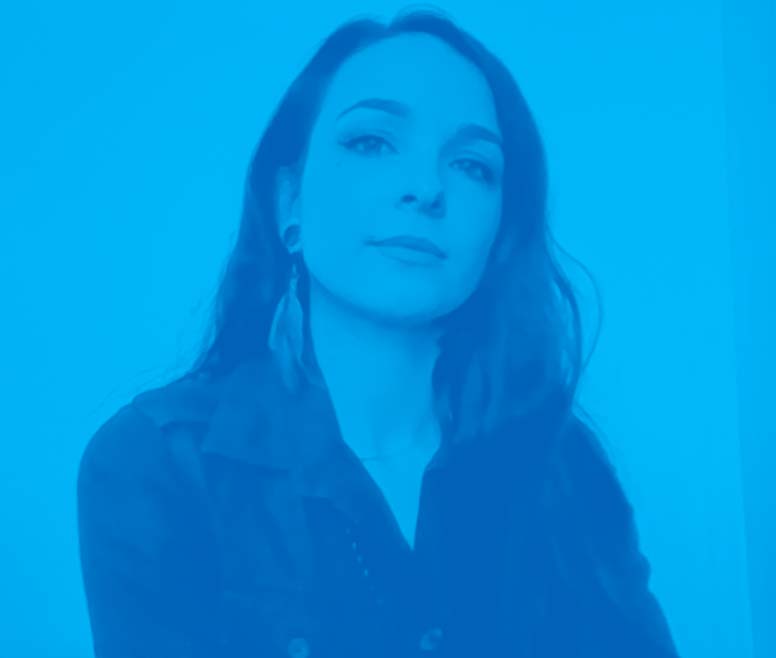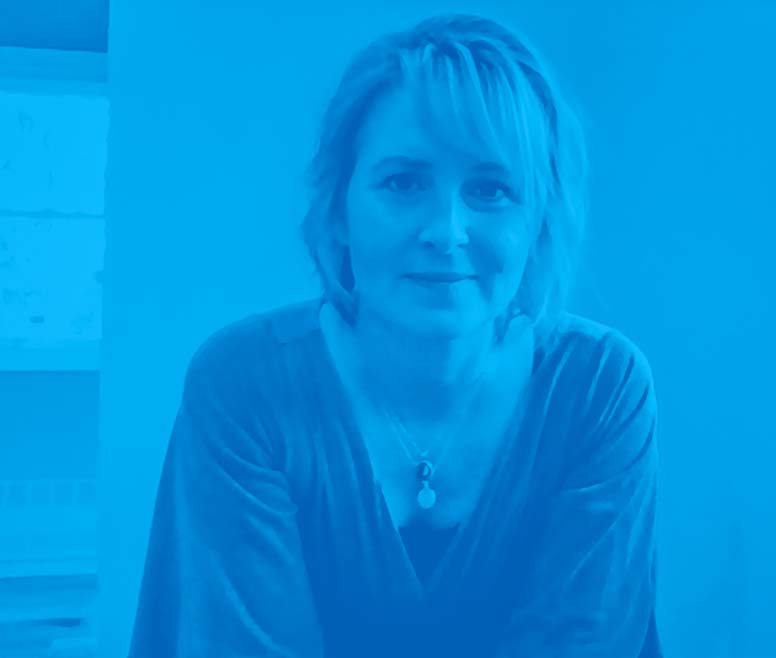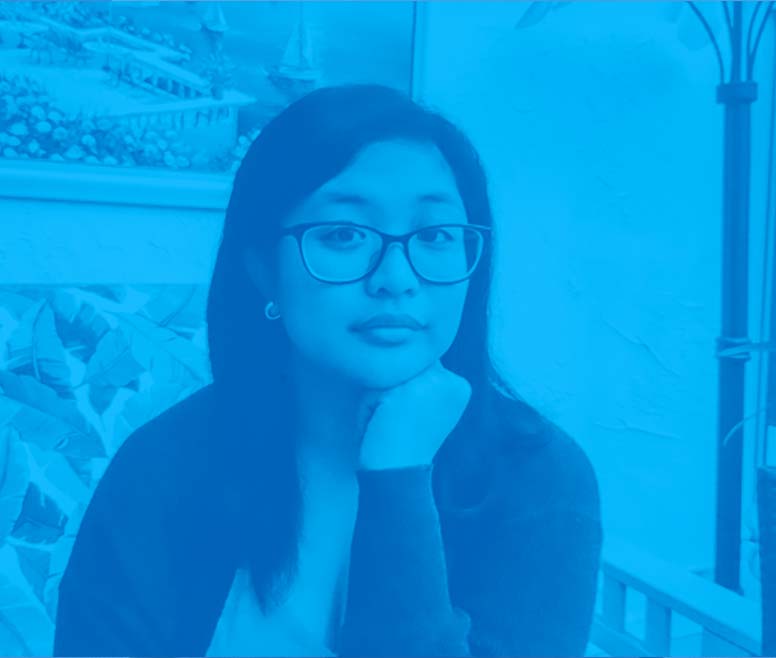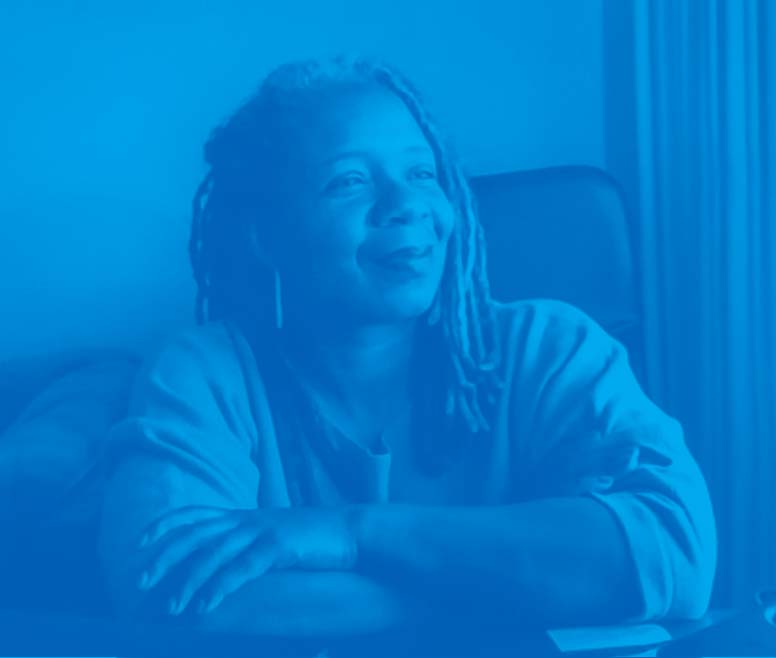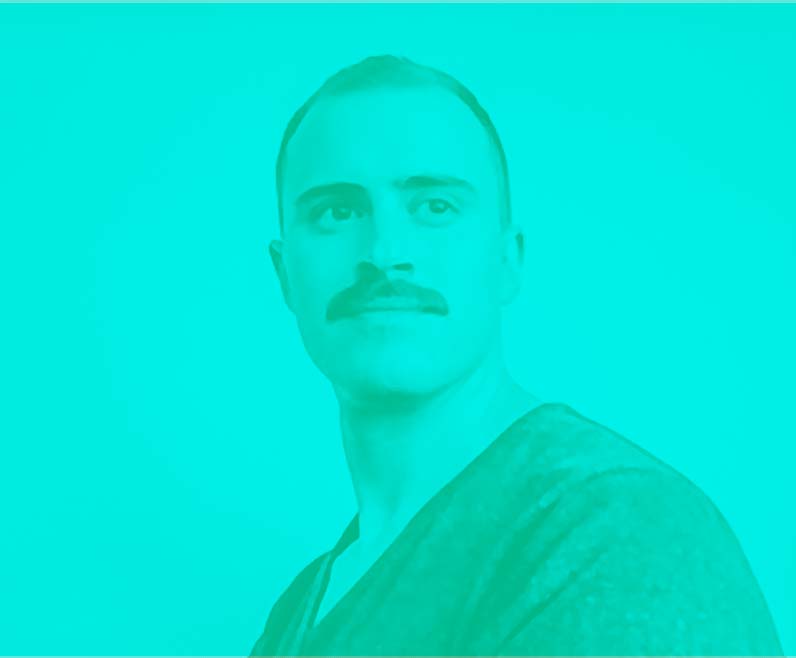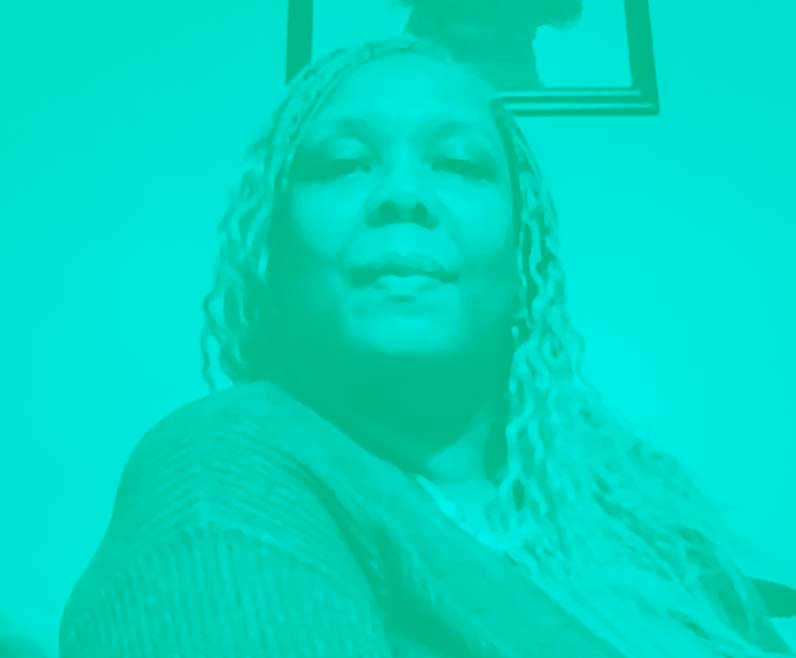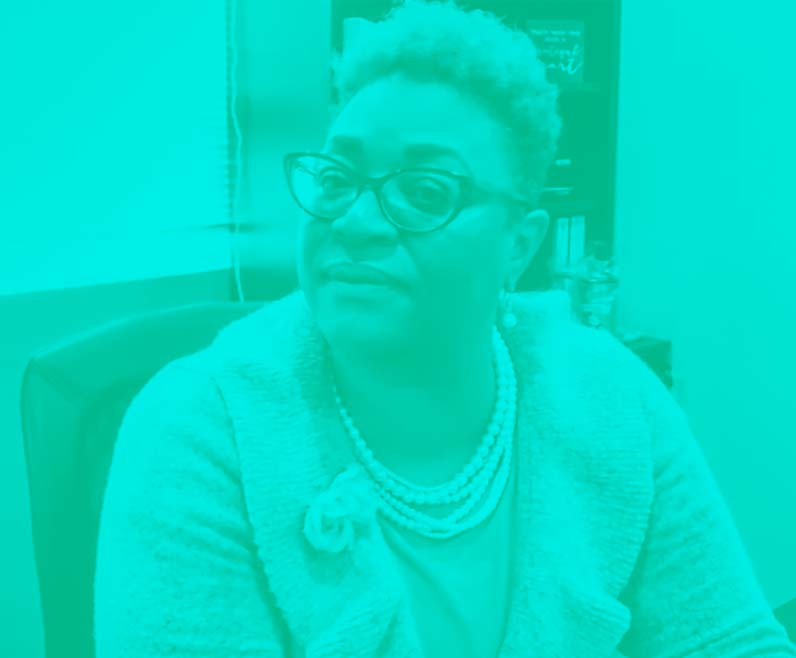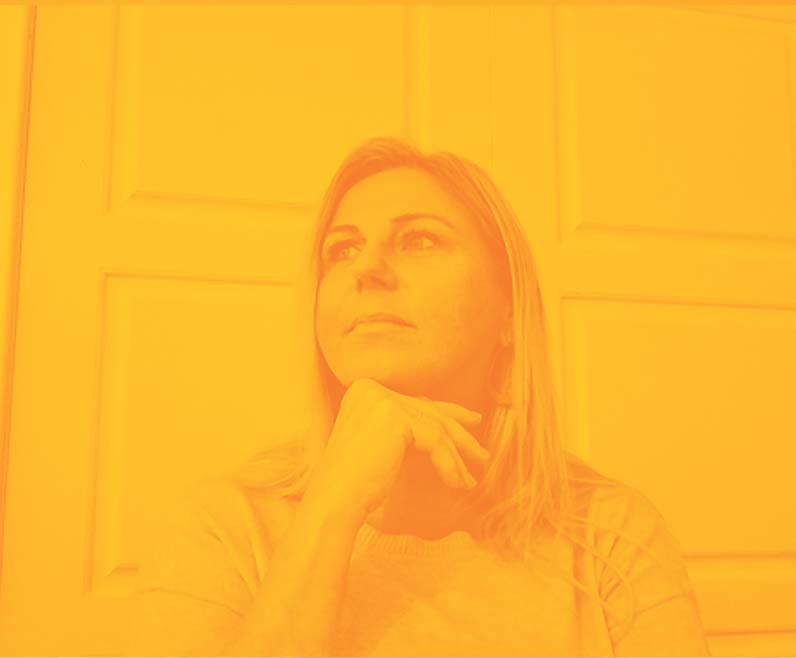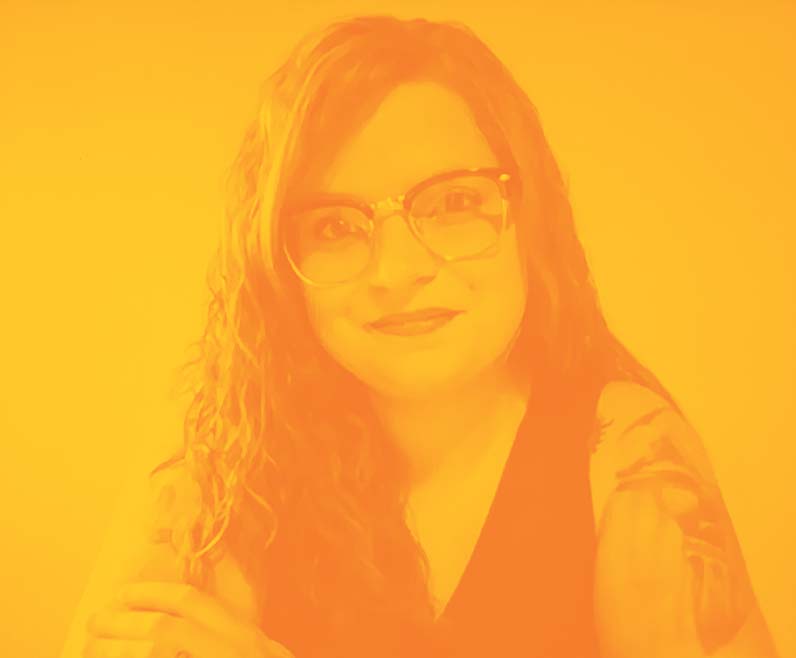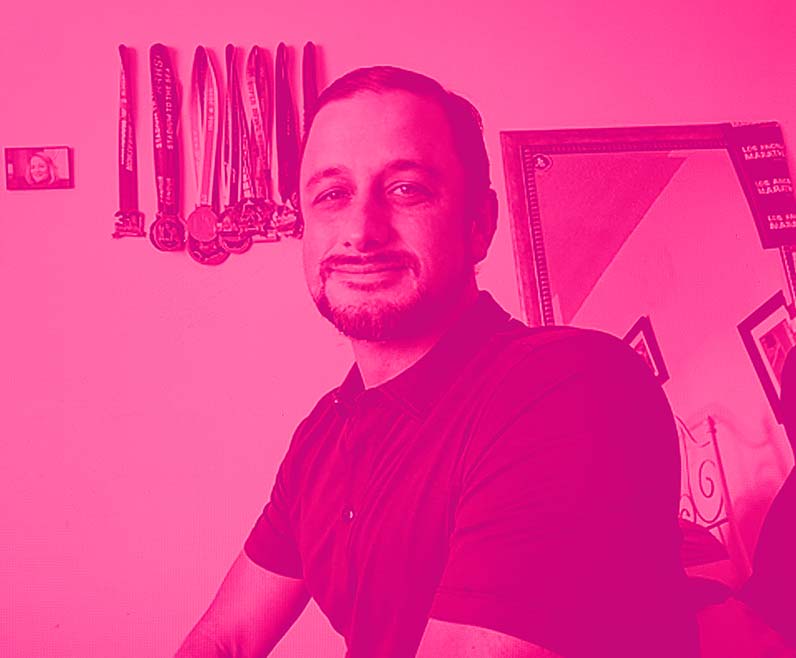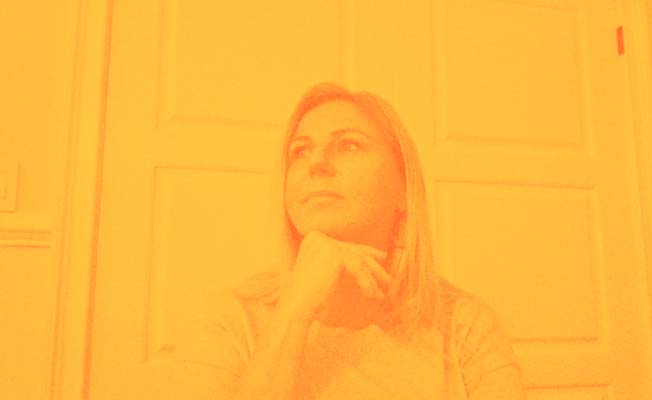LOSS AND HEALING
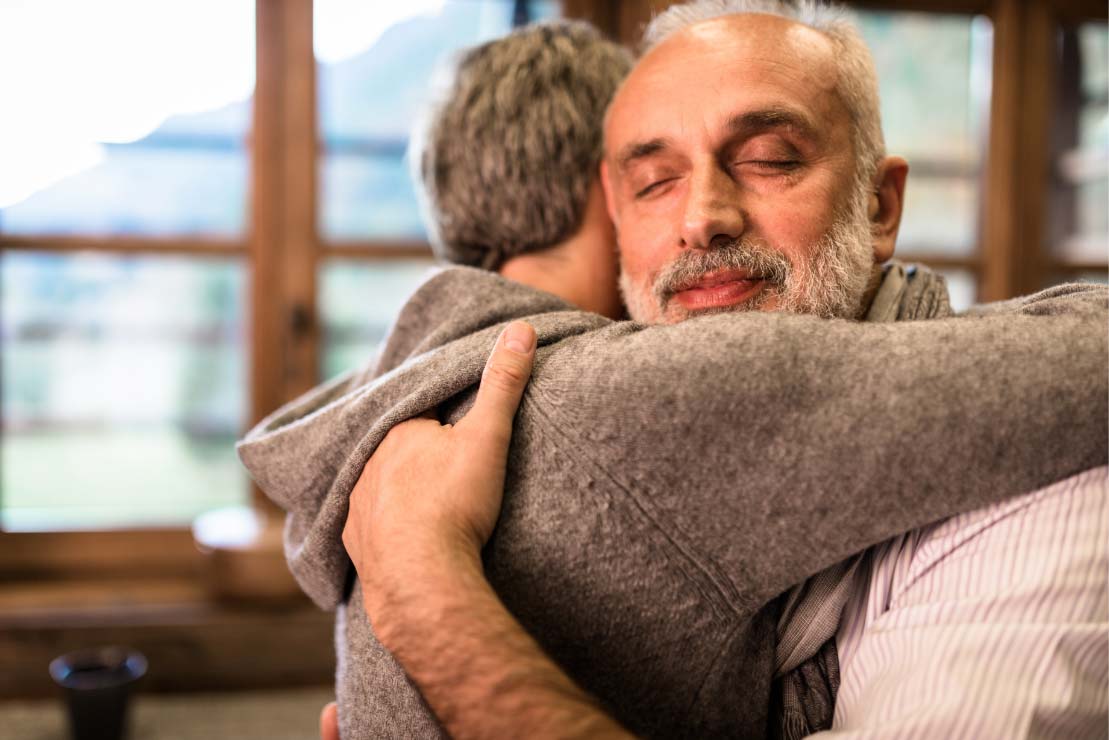
Being There for Those Who’ve Lost Someone
Losing someone to suicide is different than other types of loss. Often there are questions, many of which may never receive a satisfactory answer. Survivors of suicide loss may experience feelings of loneliness and isolation, or even perceive that no one else could possibly understand the complexity and variety of emotions they are feeling.
Our chapters in every state are a testament to the fact that no one who has lost someone to suicide needs to feel alone. In our local communities, there are people who do understand – and through our Loss & Healing programs, they are ready to provide resources, support and understanding to help others heal.
International Survivors
of Suicide Loss Day
Also known as “Survivor Day,” International Survivors of Suicide Loss Day began in 1999, when Senator Harry Reid, who lost his father to suicide, introduced a resolution to the United States Senate that led to the creation of a day each year in which those affected by suicide could join together for healing and support. As the holidays are often a difficult time for suicide loss survivors, it was decided that Survivor Day would always fall on the Saturday before American Thanksgiving.
We support hundreds of large and small Survivor Day events around the world each year. At these informative and caring events, survivors of suicide loss come together to find connection, understanding, and hope through their shared experience. While each event is unique, all feature an AFSP-produced documentary which offers a message of growth, resilience, and connection. At events both large and small, it is incredible to see people coming together to support each other, as they find a way to heal together. The program had a 55% increase in attendees from the previous year.

26
Countries
Healing Conversations
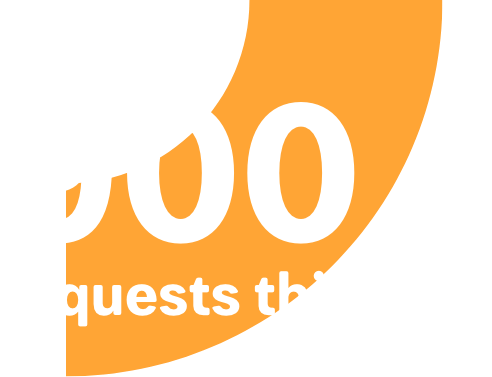
Healing Conversations gives those who have lost someone to suicide the opportunity to talk with our trained volunteers, who have experienced suicide loss themselves, and know firsthand the pain associated with this type of loss. The program provides the bereaved, who may be in the early stages of grief, the opportunity to engage in a supportive, warm conversation with fellow suicide loss survivors. The volunteers are available to listen openly and without judgement, while providing resources, comfort and encouragement for the path ahead.
The program, which is available in person, on the phone or by video chat, received nearly 900 requests this year, nearly a 20% increase over the previous year, showing a strong need for this unique connection.

Training the
People Who
Provide Support
Over the last year, 160 mental health professionals participated in AFSP’s Suicide Bereavement Clinician Training Program to increase their clinical knowledge of the unique needs of working with those bereaved by suicide.
Nearly 100 loss survivors, mental health professionals and those seeking to lend support attended our Suicide Bereavement Support Group Facilitator Training Program to become suicide bereavement support group facilitators this past year.

